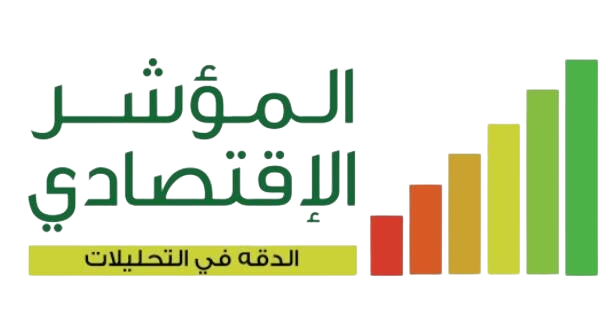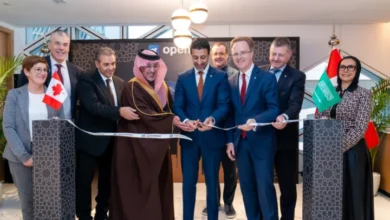English News
MALAYSIAN MINISTER LAUNCHES COMMODITIES INTEGRATION MARKETING COMPANY IN JEDDAH, SAUDI ARABIA TO STRENGTHEN MARKET POSITION

- Hon. Datuk Hajah Zuraida Kamaruddin, Minister of Plantation Industries and
Commodities of Malaysia officially launched the agricommodity regional office
in Jeddah during a ministerial mission to Saudi Arabia followed by a Roundtable
Discussion with the representatives of Palm Oil, Rubber and Timber Industries
of Saudi Arabia to strengthen market position in this region for Malaysia’s
agricommodity sectors. - The Commodities Integration Marketing Company (CIMC), the first of its kind in
the Middle East, houses three government-linked organisations under one roof,
namely Malaysian Palm Oil Council (MPOC), Malaysian Rubber Council (MRC)
and Malaysian Timber Council (MTC). - The set-up of this agricommodity office is integral to facilitate the development
and cooperation among Malaysian commodities and the local industries in the
Middle East and North Africa (MENA) region, particularly Saudi Arabia. This will
also lead to greater opportunities in enhancing trade for both countries. - Malaysian agricommodity products are well established in the world market and
most are daily life essentials such as cooking oil, cosmetics, soap, gloves and
house furniture and commonly used products in the industrial sector such as
biofuel, structural bearings, automotive parts and building panels. Malaysia is
not only recognised as the world’s largest exporter of rubber gloves and second
largest exporter of crude palm oil, its agricommodity products are also known
for its high quality and can be found in most parts of the world. - In 2020, Malaysian agricommodity export value to the Middle East and North
Africa recorded a total of USD2.37 billion while rubber and its products recorded
an export value of USD535 million. Similarly, timber and timber products
recorded an export value of USD324.5 million whereas palm oil and palm oil
products recorded USD1.51 billion. - Commodities Integration Marketing Company (CIMC) in Jeddah will act as the
Malaysian Commodity Hub to foster international relations through various
initiatives that are critical for the improvement and acceptance of Malaysian
agricommodity products in the global market. The Ministry believes, the office
in Jeddah is a testimony from both countries to deliver high quality Malaysian
agricommodity products to Middle East and Africa in a responsible and
sustainable manner. - In addition, Saudi Arabia has also committed to increase its imports of
Malaysian palm oil from 318,000 tonnes, worth RM900 million last year to
500,000 tonnes, an increase of 182,000 tonnes with an estimated worth of
RM1.5 billion this year.






